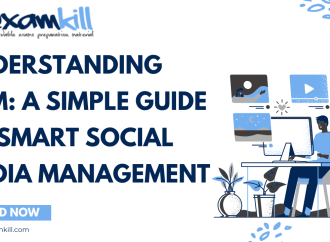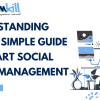Introduction Storytelling has been an integral part of human culture since the dawn of civilization. From ancient myths and legends to modern novels and films, fiction has the power to captivate our imaginations, evoke emotions, and shape our understanding of the world. In this article, we will explore the profound impact of storytelling on society
Introduction
Storytelling has been an integral part of human culture since the dawn of civilization. From ancient myths and legends to modern novels and films, fiction has the power to captivate our imaginations, evoke emotions, and shape our understanding of the world. In this article, we will explore the profound impact of storytelling on society and culture, examining how fiction influences our beliefs, values, and behaviors.
1. The Role of Fiction in Shaping Identity
Fictional stories have the ability to shape our individual and collective identities. Through relatable characters and compelling narratives, fiction allows us to explore different perspectives, cultures, and experiences. By immersing ourselves in the lives of fictional characters, we can develop empathy and understanding for people who are different from us. This, in turn, helps to foster a more inclusive and tolerant society.
2. Fiction as a Mirror of Society
Fiction often reflects the social, political, and cultural realities of the time in which it is created. Authors use storytelling as a means to comment on and critique various aspects of society. By examining fictional works, we can gain insights into the values, beliefs, and concerns of a particular era. For example, George Orwell’s dystopian novel “1984” serves as a cautionary tale about totalitarianism and the erosion of individual freedoms.
3. Inspiring Change and Social Movements
Fiction has the power to inspire change and ignite social movements. Stories that tackle important social issues can raise awareness, challenge the status quo, and mobilize people to take action. For instance, Harriet Beecher Stowe’s novel “Uncle Tom’s Cabin” played a significant role in shaping public opinion on slavery and fueling the abolitionist movement in the 19th century.
4. Fiction as a Tool for Education
Fictional stories are not only entertaining but also educational. They can provide valuable insights into historical events, cultural practices, and societal norms. By incorporating fiction into education, teachers can engage students in a more immersive and interactive learning experience. Novels like Harper Lee’s “To Kill a Mockingbird” can help students understand the complexities of racism and prejudice, fostering critical thinking and empathy.
5. Escapism and Emotional Catharsis
One of the most powerful aspects of fiction is its ability to transport us to different worlds and offer an escape from reality. In times of stress or hardship, fiction provides a refuge where we can temporarily forget our troubles and immerse ourselves in a different narrative. Additionally, fiction allows us to experience emotional catharsis, providing a safe space to explore and process our own emotions.
Conclusion
The power of storytelling cannot be underestimated. Fiction has the ability to shape our identities, reflect societal realities, inspire change, educate, and provide emotional solace. As consumers of fiction, it is important to recognize the impact it has on our beliefs, values, and behaviors. By critically engaging with fictional narratives, we can harness the power of storytelling to create a more empathetic, inclusive, and enlightened society.























Leave a Comment
Your email address will not be published. Required fields are marked with *